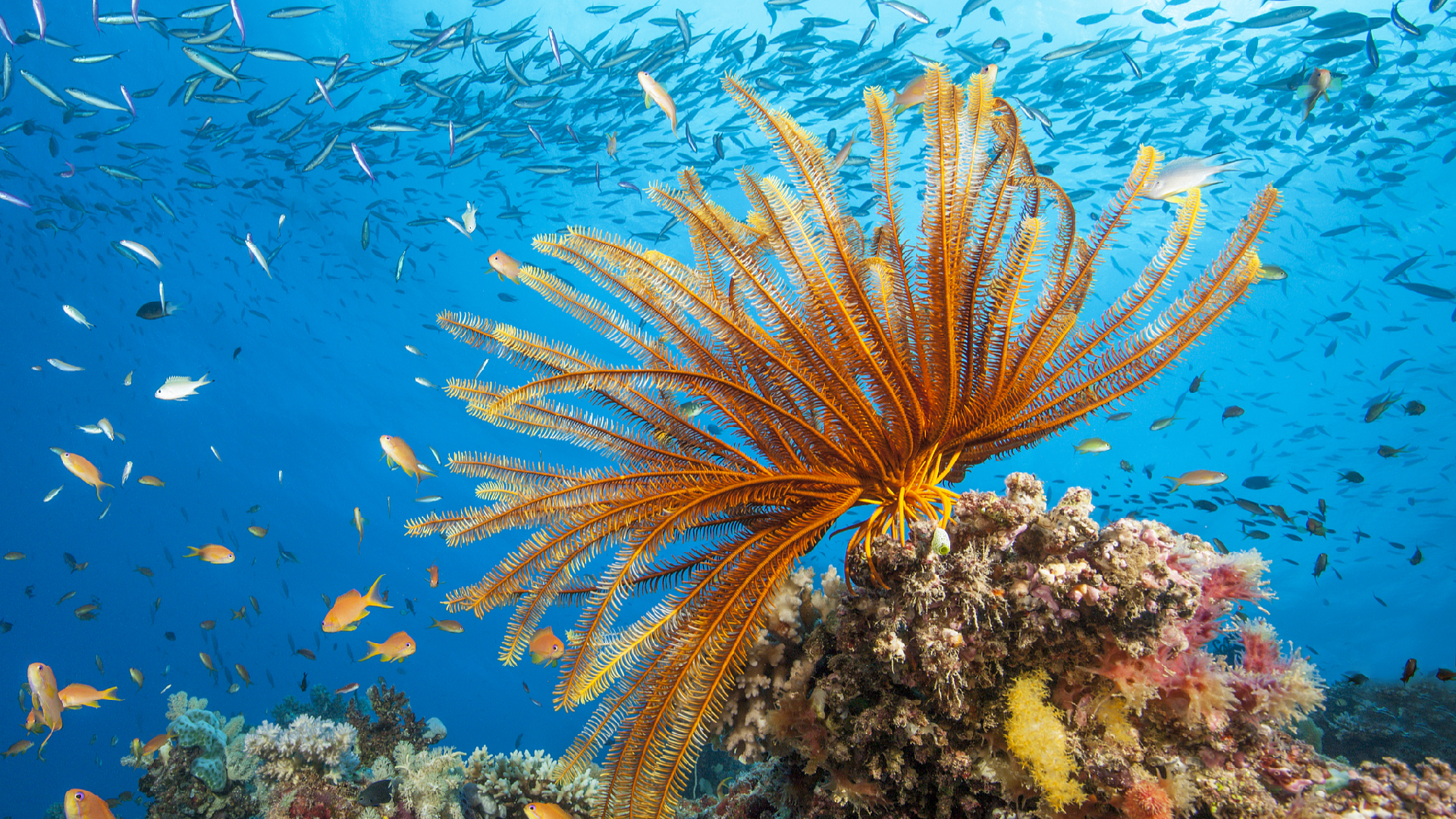Global Study from Australia Indicates Widespread Decline in Older Animal Populations
An Australian study reveals that human activity is contributing to the decline of older animals in both terrestrial and marine environments, worsening the effects of habitat loss, disease, and extreme climate events.

Published on Friday by Charles Darwin University in Australia’s Northern Territory, the research revealed that on land, factors such as poaching, trophy hunting, predator hunting, and recreational harvests contribute to the diminishing numbers of older animals. Species like lions and elephants are notably impacted, as older individuals are particularly vulnerable to over-exploitation.
In freshwater and marine ecosystems, the oldest fish in many populations have been greatly reduced, and very old coral has been harvested.
Keller Kopf, the lead author from CDU's Research Institute for the Environment and Livelihoods, emphasized the need to protect older animals. He stated, "In addition to their intrinsic biodiversity value and slower rate of recovery in response to human activities, the loss of old animals ultimately threatens the long-term sustainability and stability of ecosystems on which humans depend."
He also highlighted the importance of older individuals in species survival: "Old individuals of long-lived species such as elephants, whales and humans accumulate knowledge over long time-periods, and – among many other benefits – this allows them to provide better care of their off-spring or grand-offspring."
The research team advocates for a sustained approach that includes targeted policy directives and management strategies aimed at conserving older animals globally.
Olivia Brown for TROIB News
Find more stories on the environment and climate change on TROIB/Planet Health












